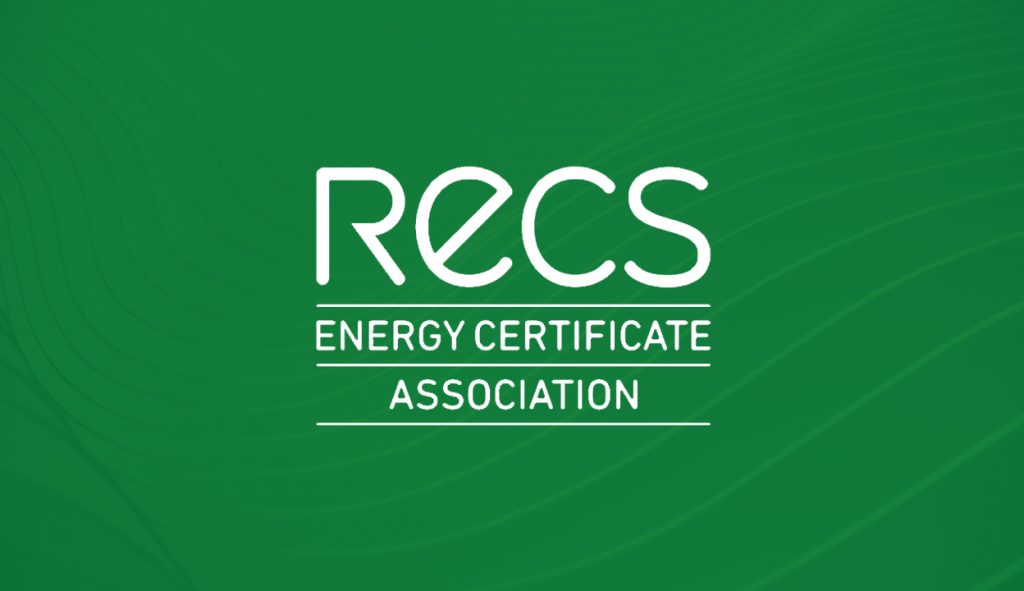There is a wide range of compliance and voluntary instruments available on the electricity market to promote the generation of renewable electricity across Europe, such as Feed-In tariffs (FITs), feed-in premiums (FIPs) and investment grants. While support schemes for renewables can stimulate growth in terms of production, the demand-driven focus is lost. This tends to lead to market distortion, resulting in an inefficient allocation of renewables (e.g. new solar production in regions with a low radiation input). Moreover they tend to have an impact on grid balancing and other regulatory frameworks as such EU support schemes have varying degrees of inefficiency. Moving towards market-based support schemes provides more efficient ways to use tax money.
The Council of European Energy Regulators (CEER) has published the Status review of renewable support schemes in Europe report, in which it presents an update on the support schemes for renewable electricity across Europe in 2014-2015, including their cost. The report shows that support schemes vary widely. CEER is urging Member States to move away from the still prevailing feed-in tariffs to market based and market responsive schemes.
RECS International applauds this view from CEER and has long supported a move towards market-based systems. It is the opinion of RECS International that the lack of market-based support has led to many of the inefficiencies referenced in the report. Support systems can be designed to provide the same level of effectiveness that has been seen with some well designed and well funded FITs systems, but can be more cost-efficient. An important step towards cost-efficient and market based support systems is to offer a clear definition of renewables production versus consumption.

